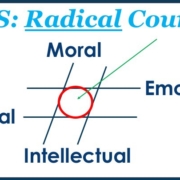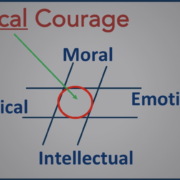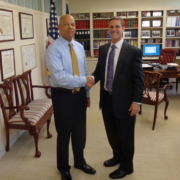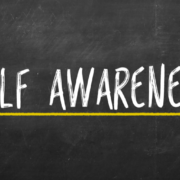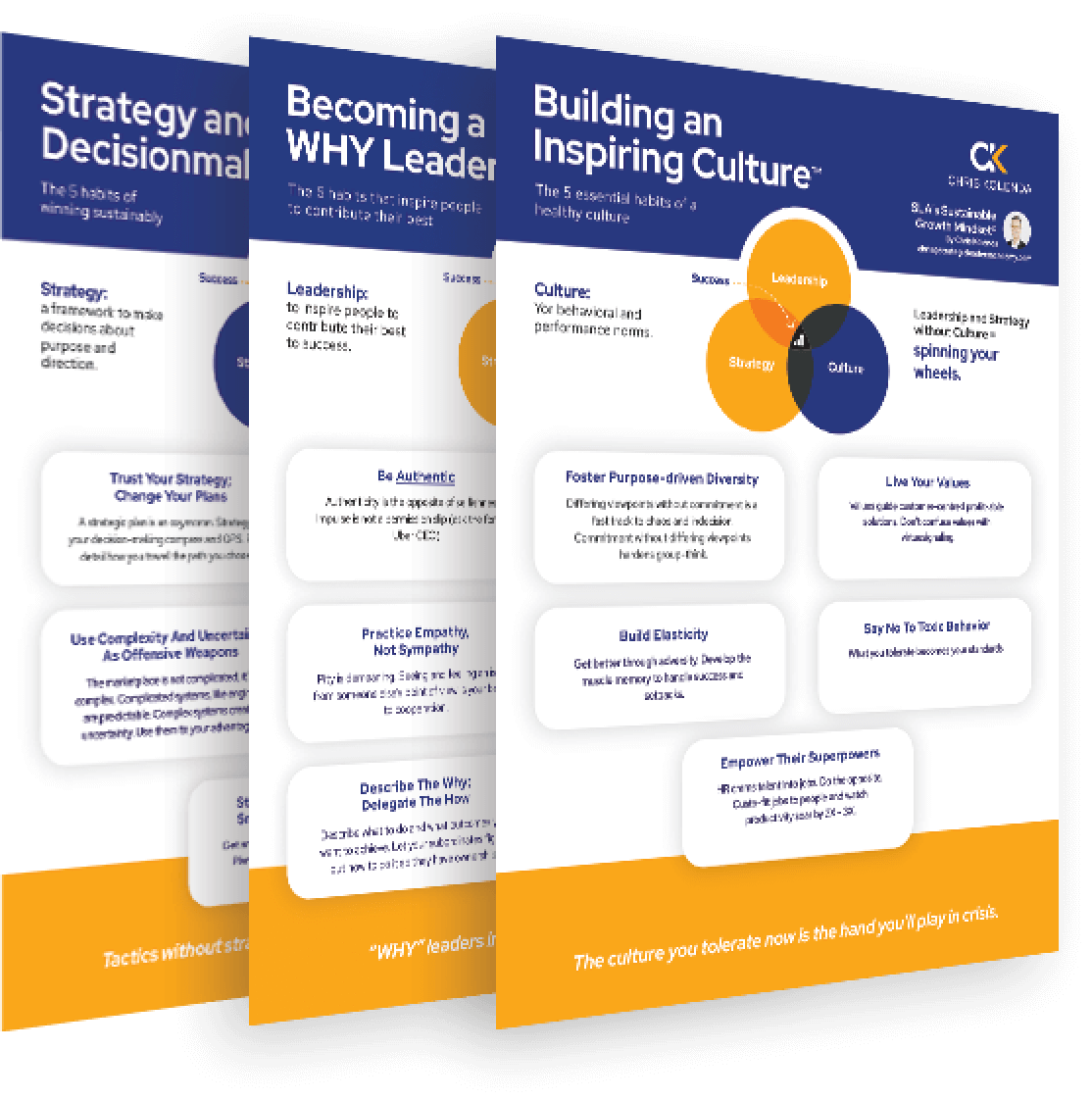The disasters in Afghanistan and Hawaii have something in common that you need to know
General Douglas MacArthur explained that nearly every military disaster can be summed up in two words: Too late.
As I write this, the Hawaiian wildfire’s confirmed death toll is 111 and may rise to over 1,000. Faulty, spark-emitting powerlines likely caused the blaze, in which strong winds fanned into an inferno that swept across the Maui town of Lahaina.
According to the Wall Street Journal and New York Times, Hawaiian Electric officials have known for at least four years that the power lines needed repair but invested a paltry $245,000 in preventative measures. The company waited until last year to request the State’s approval to increase fees to pay for badly needed maintenance – Hawaiian officials have yet to act on the request.
The State government, meanwhile, reportedly knew about the heightened wildfire risk for years but provided no resources or plan for preventing or responding to one.
The tragedy unfolded slowly, then all at once, to borrow a phrase from Tom Wolfe’s Bonfire of the Vanities.
The same was true for the Afghanistan disaster. U.S. and Afghan officials had well over a year to plan for the withdrawal of American forces, but both parties seemed to bury their hands in the sand that the United States would reconsider.
The intelligence community reportedly warned that tens of thousands of Afghans would seek evacuation, but there was little planning or preparation for such a massive endeavour. The military planned to withdraw, aiming for the lowest possible risk to its forces. The State Department seemed to dither and then abruptly evacuate the U.S. Embassy one night. Panic and tragedy ensued.
Both heartbreaking episodes show that preventive action is always cheaper than corrective and remedial actions, and leaders ignore them at peril.
Most business and other failures occur slowly and then all at once.
Inadequate leadership, decision-making biases, deficient cultures, and unrealistic strategies accumulate rocks in your company’s rucksack. The weight hinders progress and innovation, drains your resources, and increases fatigue and stress. The burden seems manageable until you plunge into a crisis, and it’s too late.
The best companies invest in preventive actions, particularly in their leadership and culture. Joyful employees create cheerful workplaces and happy customers who bring in more business. The virtuous cycle keeps unnecessary weight from your rucksack and buoys you in difficult times.
Are you ready to invest in your leaders and culture? Let’s discuss two of my programs: Becoming a WHY? Leader® and Building an Inspiring Culture®.
An ounce of prevention is worth more than a pound of cure.
Are you a veteran looking to build a career as a consultant or advisor? The next 9-week program of Expert Consulting Mastery begins on October 11, 2023. Register for my August 29, 2023 webinar to learn more.

